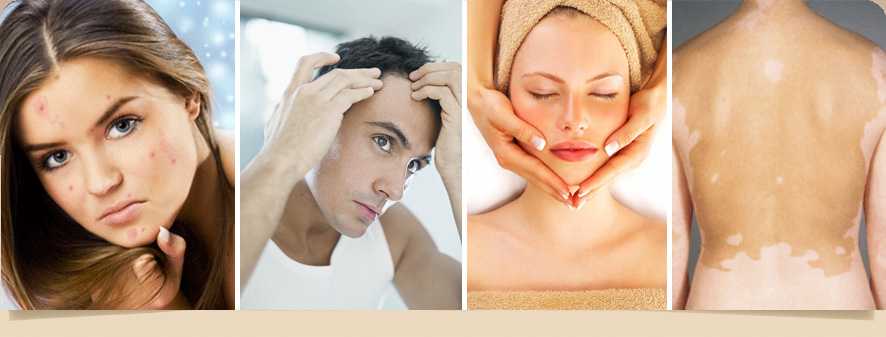Reducing the prominence of old acne scars is the aim of laser treatment for acne scars.
During your laser treatment for acne, light is focused on the top layers of your skin to dissolve scar tissue.
The technique also promotes the regrowth of new, healthy skin cells to replace scar tissue.
Acne scars aren’t completely removed by this procedure, but it might minimise the way they look and how painful they are.
How it works
There are two ways that laser therapy for acne scars works.
The heat from the laser first removes the top layer of skin when a scar has formed.
When the outer layer of your scar peels off, your skin seems smoother, and the scar’s look is less visible.
As the scar tissue dissolves under the laser’s heat and light, new, healthy skin cells are stimulated to form.
By focusing on the blood vessels in the scar, the laser’s heat attracts blood to the area and decreases inflammation.
All of this makes scars appear smaller, which makes them appear less raised and red. It additionally aids in skin restoration.
Procedure
Erbium YAG, carbon dioxide (CO2), and pulsed-dye lasers are a few common laser types for acne scars.
Each of these tools functions in a certain way to target the kind of scarring you have.
Target Areas
Your face is typically the target of lasers for acne scars. However, other regions where acne scars frequently form can also benefit from the treatment. The face, arms, back, upper torso, and neck are typical target locations for therapy.
Adverse Reactions
When you utilise lasers to cure your acne scars, there are various dangers and adverse effects.
Depending on the type of laser being used, your skin type, and the number of sessions you require, these adverse effects will change.
Swelling, redness, and soreness at the treatment site are common side effects.
After an hour or two, pain from acne scar laser treatment is typically gone. The fading of redness could take up to ten days.
Hyperpigmentation and infection are risks of using laser treatment to decrease the look of acne scarring.
Despite the rarity of these illnesses and the high likelihood of their avoidability, it is crucial to review your risk factors with your doctor before deciding whether to undergo therapy.
You should contact your doctor right away if you experience pus, significant oedema, or a fever after receiving laser treatment for acne scars.
How to prepare
It’s critical to enter any cosmetic operation with reasonable expectations, budget-wise and
Keep in mind that laser treatment won’t entirely remove your acne scars.
There’s absolutely no way to predict how well it will work for you, although in the best-case scenario, your scars will be considerably less obvious.
Applying sunscreen before you leave the house is essential since your skin will be more susceptible to sun damage.
Additionally, you must refrain from sunbathing or any other activities that expose you to a lot of suns for six to eight weeks.
Your doctor may also give you specific skin care recommendations, such as how to use a certain toner or moisturiser.
Your skin may still be somewhat red for days or even weeks after treatment, and you’ll need to keep the area clean to avoid infection.
Additionally, until the risk of problems has subsided, you may need to refrain from wearing makeup for a week or longer.
Your treatment won’t provide results straight away. You’ll be able to tell how effective the therapy was at lessening the look of acne scars after 7 to 10 days. The effects of this treatment are long-lasting.
Getting Ready for the Procedure
To qualify for laser treatment for acne scars, you might need to alter your lifestyle. A common part of getting ready for this treatment is:
Similar to pico laser downtime, you must avoid smoking for at least two weeks before therapy, and there should be no aspirin use or blood-thinning supplements.
Two weeks before your treatment, you also have to refrain from using any retinol-containing skin care products.
You might need to temporarily cease taking your acne drugs prior to receiving laser treatment, depending on the circumstances.
If you are prone to cold sores, your doctor can recommend an antibiotic as a prophylactic measure.


